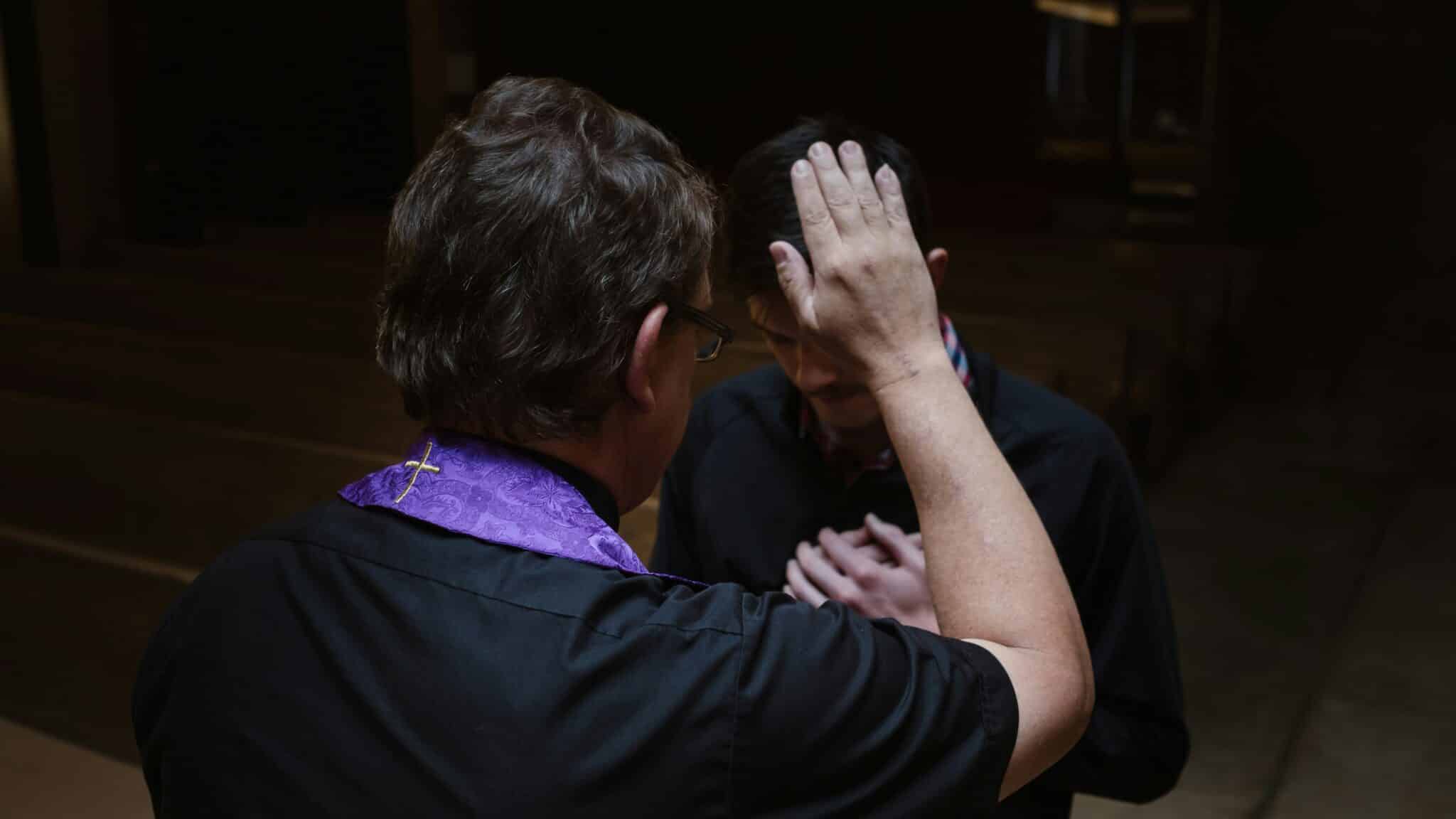Why aren’t the corporal works of mercy the focus of an examination of conscience before receiving the Sacrament of Reconciliation? I have tended to be scrupulous regarding sins to confess. Now I wonder, in light of Jesus’ explanation of the Last Judgment (Mt 25:31–46), whether this would be a better place to start my examination of conscience.
There is nothing to prevent someone from including this in an examination of conscience. It could, however, cause even more problems for an individual inclined to be scrupulous: “Did I really do enough in the situation when . . . ?” An exclusive focus on the corporal works of mercy might cause a person to overlook a sin not specifically addressed in that passage from Matthew’s Gospel: murder, bank robbery, adultery, theft, for example. Reviewing one’s observance of the Ten Commandments is not the only way to be “properly disposed” to receive the Sacrament of Reconciliation. Jesus’ parable does not cancel out the Ten Commandments.
The usual way of examining one’s conscience has the danger of not taking sins of omission as seriously as they deserve.








